The heroic and resilient 81-day and night battle to protect Quang Tri Citadel (June 28, 1972 - September 16, 1972) has entered history as a shining golden milestone of revolutionary heroism.
In that epic, the image of the silent female guerrilla day and night with her father-in-law overcoming bombs and bullets, firmly rowing to transport food, weapons and soldiers into the Citadel to fight has become a symbol of bravery.
Years have passed, but the memories of those life-and-death ferry trips remain intact in the mind of female guerrilla Nguyen Thi Thu (born in 1954, residing in Ward 4, Trieu Phong Commune, Quang Tri Province).
The extraordinary thing amidst the fierce bombs and bullets
Anyone who has been to the Quang Tri Citadel Museum is attracted by the photo "The old fisherman Trieu Phong and his son carrying soldiers and weapons to support the Citadel."
This is a work recorded by war reporter Doan Cong Tinh of the People's Army Newspaper on the Thach Han River in the summer of 1972. In the photo, an old farmer rowing a boat with a hearty smile, next to him is a young girl holding a gun tightly, behind are the liberation soldiers smiling optimistically, ready to step into the "fire pan" of Quang Tri Citadel.
The ferryman was Mr. Nguyen Con and the girl was his daughter-in-law - female guerrilla Nguyen Thi Thu, who was just 18 years old at that time. The photo not only captured a historic moment, but also evoked a glorious period where ordinary people did extraordinary things in the midst of fierce war.
These historic September days, turning 71 years old, along with the echoes of years of bombs and bullets that have blurred her eyes, reduced her hearing, and reduced her memory, but the memories of female guerrilla Nguyen Thi Thu about a time of war 53 years ago are always a source of pride.
Mrs. Thu could not help but be moved when introducing the photos of the glorious time of the army and people of Quang Tri, taken by author Doan Cong Tinh and given to her family; among them, there is a photo of her and her father-in-law going down the Thach Han River to take soldiers across the river. To her, these are precious souvenirs that the author gave her after 35 years of meeting again.
Cherishing and cherishing the photo, Mrs. Thu recounted that in the summer of 1972, when the campaign to protect Quang Tri Citadel entered a fierce phase, to protect the Citadel and repel enemy counterattacks, our army had to mobilize and supplement forces.
At that time, to get troops into the Citadel quickly and safely, there was only one way: by boat across the Thach Han River.
At that time, Mrs. Thu was 18 years old and had just held an engagement ceremony with Mr. Nguyen Cau. However, the war was fierce, so she volunteered to join the village guerrilla force.
Three months later, not afraid of hardships and dangers, she accepted the task of being a liaison, together with her father-in-law, Mr. Nguyen Con (57 years old at that time), volunteered to row a boat, day and night, to take soldiers across the Thach Han River, to reinforce the battlefield of the Citadel.
“At that time, the war was fierce, the country was in danger, everyone was ready to go to battle. Thousands of young people in their late teens and early twenties, young students temporarily leaving school from all over the country enthusiastically went to the “fire land” of Quang Tri to fight and were ready to sacrifice for the Fatherland. Those examples gave me the strength to firmly hold the oars, support the soldiers to cross the river, and enter the battlefield,” Ms. Thu confided.
The ferry trips were often made at night to avoid enemy detection. So, the boat of Mrs. Thu and her father quietly crossed the Thach Han River with dozens of trips each night, bringing soldiers, weapons, and food into the Citadel, then carrying wounded soldiers back across the river to the rear.
During those 81 fierce but resilient days and nights, both father and son faced death many times, but still rowed firmly, accompanying the soldiers to safety. Not every ferry that took people across the river returned. “They left intact, but many times when they returned, their bodies were full of injuries, and some even lay there forever in the Citadel. That’s why I’m not smiling in that photo,” she choked.
The victory of Quang Tri Citadel is a heroic epic of the army and people of Quang Tri and the whole country, contributing significantly to the victory at the negotiating table leading to the signing of the Paris Agreement (January 27, 1973); creating momentum for the 1975 Spring General Offensive, liberating the South and unifying the country.
In 1976, Mrs. Thu and Mr. Nguyen Cau held a wedding ceremony and had 4 children together. In 1978, Mr. Nguyen Con (Mrs. Thu's father-in-law) passed away. She and her husband followed their father's career by raking mussels on the Thach Han River.
Living witness of a time of war
Mrs. Nguyen Thi Thu and her husband, Mr. Nguyen Cau, look back at the photo of her and her father-in-law going down the Thach Han River to take soldiers across. (Photo: Tuong Vi/VNA)
The war is long gone, but for Mrs. Thu, memories of those days still appear in every fitful sleep.
Mr. Nguyen Cau (Mrs. Thu's husband) recounted that many nights, she would suddenly scream as if she were in the middle of a battlefield with bombs falling and bullets exploding. Recently, her health has declined, and her memories have gradually been forgotten. When talking about things from the past, he has to remind her often.
“No one makes a revolution to boast about their achievements and expect to be rewarded. Being alive and returning to witness the country’s peace and unity is already a blessing and a blessing. I hope that the younger generation will know how to cherish peace. Because today’s peace is the exchange for the blood of generations of heroic martyrs,” Ms. Thu shared.
Recently, when invited to watch the movie “Red Rain” - a film inspired by the event of 81 days and nights of heroic fighting to protect Quang Tri Citadel in 1972 (one of the fiercest battles of the 20th century), Ms. Thu could not help but be moved when remembering a time of youth associated with a resilient fight.
She shared that watching the film, she felt like she was 18 again, when she had to take soldiers across the river every day amidst rains of bombs and bullets. The fierce battlefield, along with the heroic martyrs' fighting and willingness to sacrifice for peace, made her unable to hold back her tears.
When the footage of “Red Rain” was released, audiences across the country were moved by the film’s re-enactment of a fiery period in which tens of thousands of outstanding young men “put down their pens and ink” to fight and sacrifice for the independence and freedom of the Fatherland.
Many people and tourists have visited the Quang Tri Citadel or met historical witnesses from that steadfast war. Many people believe that the brave character "O Hong" on the screen bears the shadow of Mrs. Thu.
In recent days, many people have come to Mrs. Thu's house to visit, give gifts of gratitude and to listen to stories about the life-and-death ferry trips across the Thach Han River amid rain of bombs and bullets, supporting the 81-day and night campaign to protect Quang Tri Citadel.
On the Thach Han River today, stories about the exploits of heroic martyrs as well as the silent sacrifices of Nguyen Thi Thu and her father still resound like an epic song.
The female guerrilla of the past is not only a living witness of history, but also a bridge connecting today's young generation with a heroic and tragic time.
Through many historical events, Thach Han - the heroic river, the historical river always records the feats and commemorates tens of thousands of cadres and soldiers who have remained forever and merged into the immense waves./.
(TTXVN/Vietnam+)
Source: https://www.vietnamplus.vn/quang-tri-nhung-chuyen-do-sinh-tu-tren-song-thach-han-post1061272.vnp


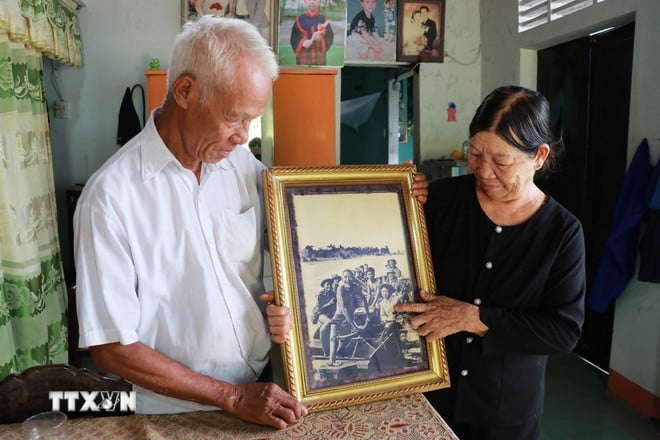
![[Photo] General Secretary To Lam receives US Ambassador to Vietnam Marc Knapper](https://vphoto.vietnam.vn/thumb/1200x675/vietnam/resource/IMAGE/2025/9/29/c8fd0761aa184da7814aee57d87c49b3)

![[Photo] National Assembly Chairman Tran Thanh Man chairs the 8th Conference of full-time National Assembly deputies](https://vphoto.vietnam.vn/thumb/1200x675/vietnam/resource/IMAGE/2025/9/29/2c21459bc38d44ffaacd679ab9a0477c)
![[Photo] Many streets in Hanoi were flooded due to the effects of storm Bualoi](https://vphoto.vietnam.vn/thumb/1200x675/vietnam/resource/IMAGE/2025/9/29/18b658aa0fa2495c927ade4bbe0096df)
![[Photo] General Secretary To Lam attends the ceremony to celebrate the 80th anniversary of the post and telecommunications sector and the 66th anniversary of the science and technology sector.](https://vphoto.vietnam.vn/thumb/1200x675/vietnam/resource/IMAGE/2025/9/29/8e86b39b8fe44121a2b14a031f4cef46)
![[Photo] General Secretary To Lam chairs the meeting of the Central Steering Committee on preventing and combating corruption, waste and negativity](https://vphoto.vietnam.vn/thumb/1200x675/vietnam/resource/IMAGE/2025/9/29/fb2a8712315d4213a16322588c57b975)
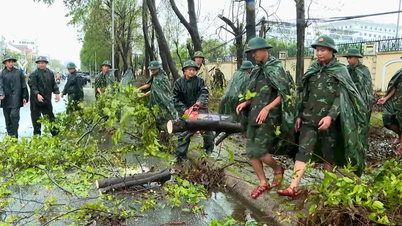











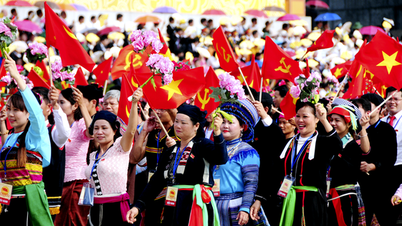












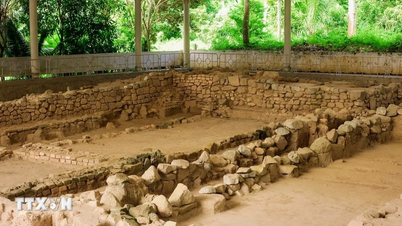














































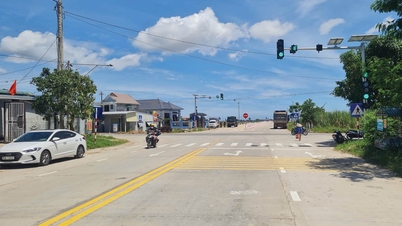






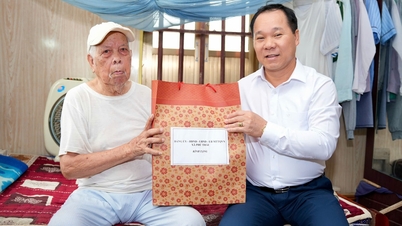










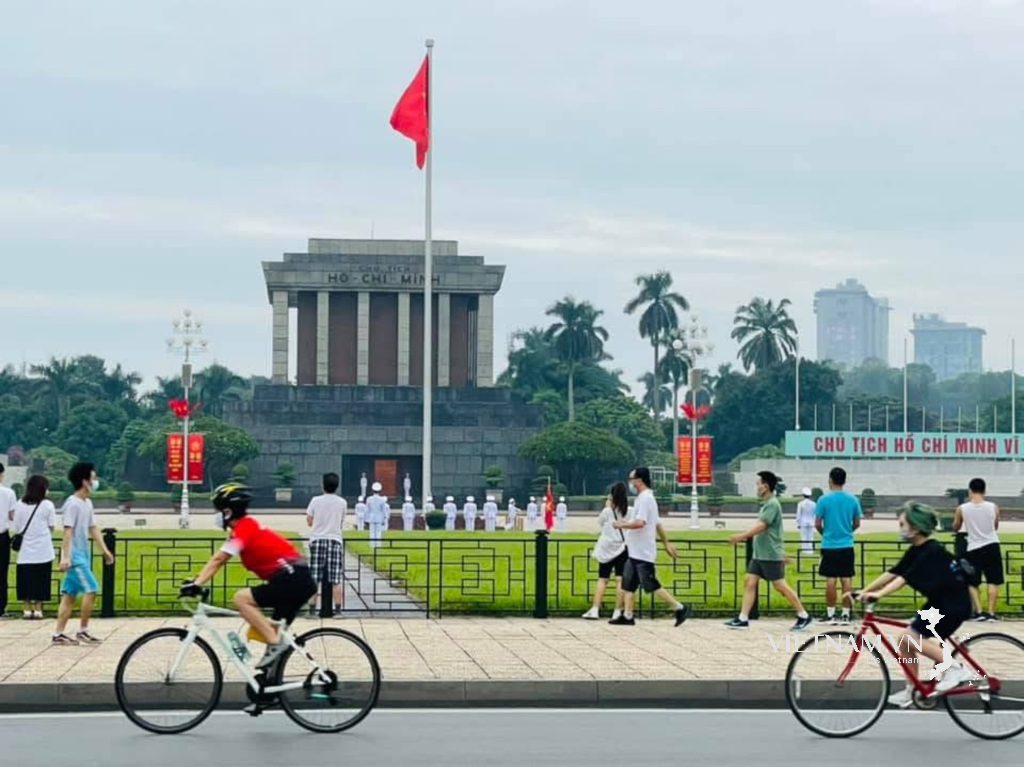



Comment (0)